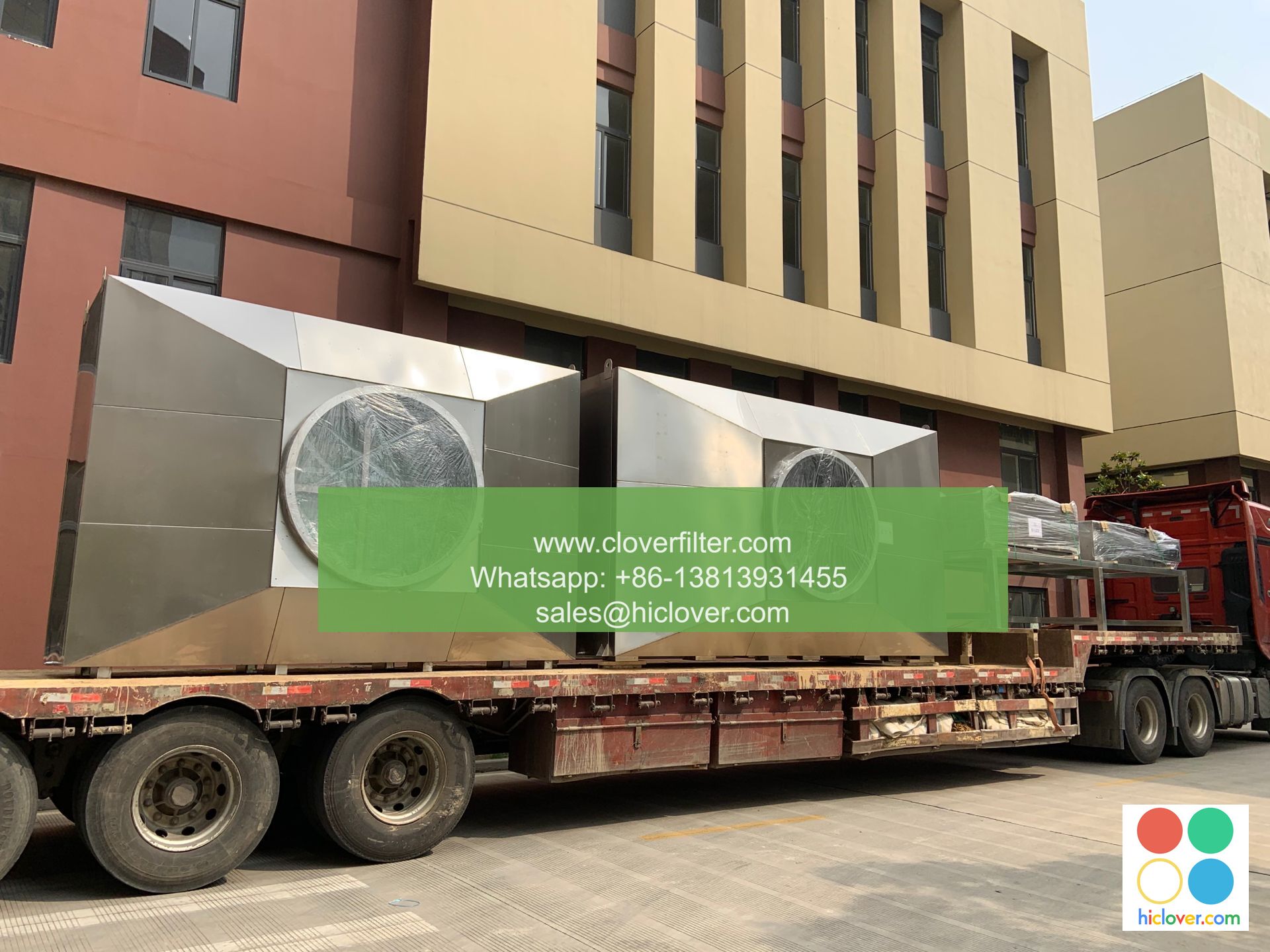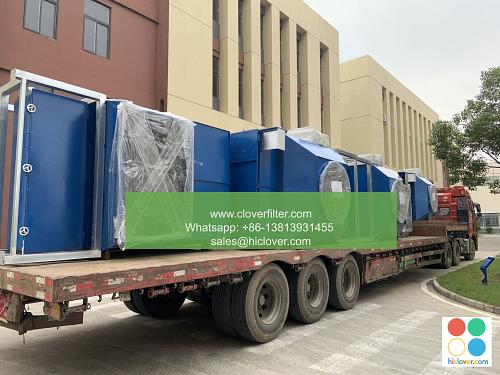Sucking Up the Savings: How Air Filters Can Reduce Energy Costs

Air filters are an essential component of any heating, ventilation, and air conditioning (HVAC) system, and they play a crucial role in maintaining indoor air quality (IAQ) and reducing energy costs. In this article, we will explore how air filters can help reduce energy consumption and lower utility bills in various application areas, including commercial buildings, industrial facilities, and residential homes.
The Importance of Air Filtration in Energy Efficiency
Air filters work by capturing airborne particles such as dust, pollen, and other contaminants, which can improve airflow and reduce pressure drop in HVAC systems. By doing so, air filters can help decrease the energy required to heat, cool, and ventilate buildings, resulting in significant energy savings and cost reductions. Moreover, air filters can also help extend the lifespan of HVAC equipment by preventing damage from dirt and debris.
Application Areas for Energy-Efficient Air Filtration
Air filters can be applied in various settings to reduce energy costs, including:
* Commercial buildings: Offices, schools, hospitals, and retail stores can benefit from energy-efficient air filtration systems, which can help reduce energy consumption and improve IAQ.
* Industrial facilities: Manufacturing plants, warehouses, and factories can use air filters to remove airborne contaminants and reduce energy costs associated with HVAC systems.
* Residential homes: Homeowners can install energy-efficient air filters in their home HVAC systems to reduce energy bills and improve indoor air quality.
Types of Air Filters for Energy Efficiency
There are several types of air filters that can help reduce energy costs, including:
* Pleated air filters: These filters have a larger surface area than traditional filters, which allows for better airflow and reduced pressure drop.
* HEPA air filters: High-efficiency particulate air (HEPA) filters can capture 99.97% of airborne particles as small as 0.3 microns, making them an excellent choice for improving IAQ and reducing energy costs.
* Activated carbon air filters: These filters use activated carbon to remove odors and gases from the air, which can help improve IAQ and reduce energy costs associated with HVAC systems.
Best Practices for Energy-Efficient Air Filtration
To get the most out of energy-efficient air filtration, follow these best practices:
* Regularly maintain and replace air filters to ensure optimal performance and energy efficiency.
* Choose the right air filter for your specific application and HVAC system.
* Consider upgrading to a smart air filtration system that can monitor and adjust to changing indoor air quality conditions.
By following these best practices and installing energy-efficient air filters, building owners and homeowners can reduce energy costs, improve indoor air quality, and contribute to a more sustainable future. So, start sucking up the savings with energy-efficient air filters today! You haven’t provided a question or topic for me to address. Please provide more context or ask a specific question so I can assist you properly.

